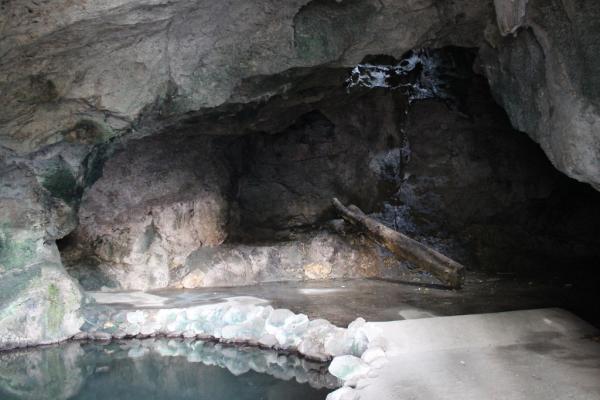
Kutawato Caves in the Heart of Cotabato City
by Jane Dacumos on May 31, 2012Nested in the northwest portion of Maguindanao, one of the component provinces of the Autonomous Region in Muslim Mindanao, Cotabato City is a favorite tourist destination. Visiting the places that the city is proud of can give foreign and local tourists a very unforgettable experience. Each of the places has its own way of bringing back visitors to the city’s historic past.
» Read More

Fort Pikit : One of the Remnants of an Old Spanish Fort
by Kheem Caparas on May 31, 2012Fort Pikit is one of the remnants of an old spanish fort in Mindanao, which is located in the municipality of Pikit in the province of North Cotabato. The name “Pikit” was given to the place by the Spaniards.
» Read More
Araw ng Koronadal “Hinugayaw Festival”
by Jane Dacumos on May 30, 2012Koronadal City takes pride in its rich culture, traditions, and beliefs. It is the capital city of South Cotabato and popularly known to the local population as Marbel. What is amazing about this city? Despite the people's different religions and beliefs, they are united as one and living together in peace. They respect each other’s beliefs.
» Read More

The Gleaming beauty of Koronadal City
by Kheem Caparas on May 29, 2012Koronadal City is the capital of the province of South Cotabato. The city is recognized as the “Most Competitive City” and most business-friendly place in Mindanao. The word Koronadal is believed to have been derived from two B’laan words – Koron or kolon which means Cogon Grass and nadal or datal which means plain. On the other hand, Marbel, which is another name for the Poblacion, is a B’laan term “Marb-El” which means “murky waters,” referring to the Marbel River.
» Read More

Come and Visit the Town of Polomolok!
by Kheem Caparas on May 29, 2012Polomok is a 1st class municipality in the province of South Cotabato. It is an agro-industrial municipality located in the middle of General Santos City and Tupi. It belongs to the top 30 richest municipalities of the country because a large piece of its land is owned by the Dole Pinapple Plantation, giving multitudes of jobs to its locals and boosting its economic value. The name Polomolok was derived from the B’laan term “Flomlok” meaning hunting grounds.
» Read More
